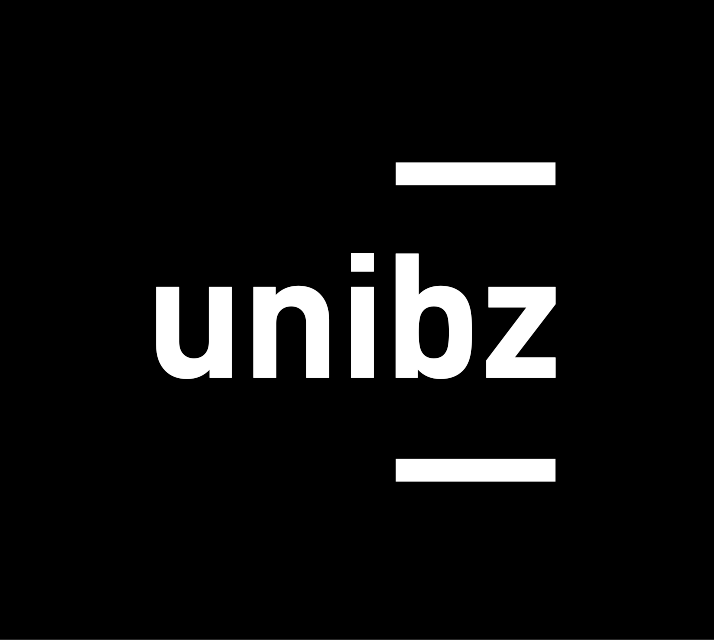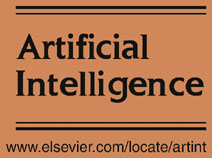Conference Program
The conference will be held in the city centre of Bolzano, both at the Free University of Bozen-Bolzano (Piazzetta dell’Università, 1) and at the Kolping (Largo Adolph Kolping, 3).
Attendance to coffee and lunch breaks is included in all on-site registration types. All coffee breaks and lunches are served on the terrace of Kolping (Largo Adolph Kolping, 3), the main venue for the conference where also the registration desk can be found.
The conference offers a rich variety of scientific and social activities. More information are provided below:
- Workshop & Tutorials Day 1 program
- Workshop & Tutorials Day 2 program
- Main Conference program
- Social program
Detailed program
Due to a rich and exciting program, we implore authors presenting the papers to adhere to the following strict time restrictions.
On-site presentations:
- Long paper presentations: 20 minutes (including Q&A)
- Short paper presentations: 10 minutes (including Q&A)
Note that short papers with demos will only present their contribution during the demo session.
If you have been given a on-site presentation but will not be able to physically join the conference, let us know asap! We are doing our best to fit everything into the schedule.
Remote presentations:
- Long remote presentations: 8-minute video
- Short remote presentations: 4-minute video
Please upload the video to the correct folder on the link given to you per email the latest on the 24th of June.
Workshop & Tutorials Day 1
| Monday, June 27 | |||
| 8.30-9:00 | Registration at Kolping | ||
| 9.00-10.00 | Tutorial 2, Kolping: Gruppen raum 2 | Workshop 1, unibz: Room F6 | Workshop 3, unibz: Room C306 (Online) |
| 10.00-10.30 | Coffee break | ||
| 10.30-13.00 | Tutorial 2, Kolping: Gruppen raum 2 | Workshop 1, unibz: Room F6 | Workshop 3, unibz: Room C306 (Online) |
| 13.00-14.15 | Lunch | ||
| 14.15-16.00 | Tutorial 2, Kolping: Gruppen raum 2 | Workshop 1, unibz: Room F6 | Workshop 2, Kolping: Grosser Saal |
| 16.00-16.30 | Coffee break | ||
| 16.30-18.00 | Tutorial 2, Kolping: Gruppen raum 2 | Workshop 1, unibz: Room F6 | Workshop 2, Kolping: Grosser Saal |
Workshop 1: Double View But Single Vision? Tracing Artistic Internet Browsers – website.
Workshop 2: The Role of Embodiment in the Perception of Human and Artificial Creativity – website.
Workshop 3: Therapeutic Computational Creativity & The Third Hand – website.
Tutorial 2: Quantum Computing for Computational Creativity – website.
Workshop & Tutorials Day 2
| Tuesday, June 28 | |||
| 8.30-9:00 | Registration at Kolping | ||
| 9.00-10.00 | Tutorial 1, unibz: Room F6 | Workshop 2, Kolping: Grosser Saal | |
| 10.00-10.30 | Coffee break | ||
| 10.30-13.00 | Tutorial 1, unibz: Room F6 | Workshop 2, Kolping: Grosser Saal | Doctoral Consortium, unibz: Room C306 |
| 13.00-14.15 | Lunch | ||
| 14.15-15.30 | Workshop 2, Kolping: Grosser Saal | Doctoral Consortium, unibz: Room F6 | |
| 15.30-16.00 | Steering committee meeting | ||
| 16.00-16.30 | Coffee break | ||
| 16.30-17.00 | Workshop 2, Kolping: Grosser Saal | ||
| 17.15-18.15 | Keynote: Aaron Hertzmann | ||
| 18.15-18.45 | Book release | ||
| 19.00 | Reception | ||
Workshop 2: The Role of Embodiment in the Perception of Human and Artificial Creativity – website.
Tutorial 1:Methods of interacting with computational systems for live artistic performance – website.
Doctoral Consortium: website.
Main Conference Program




